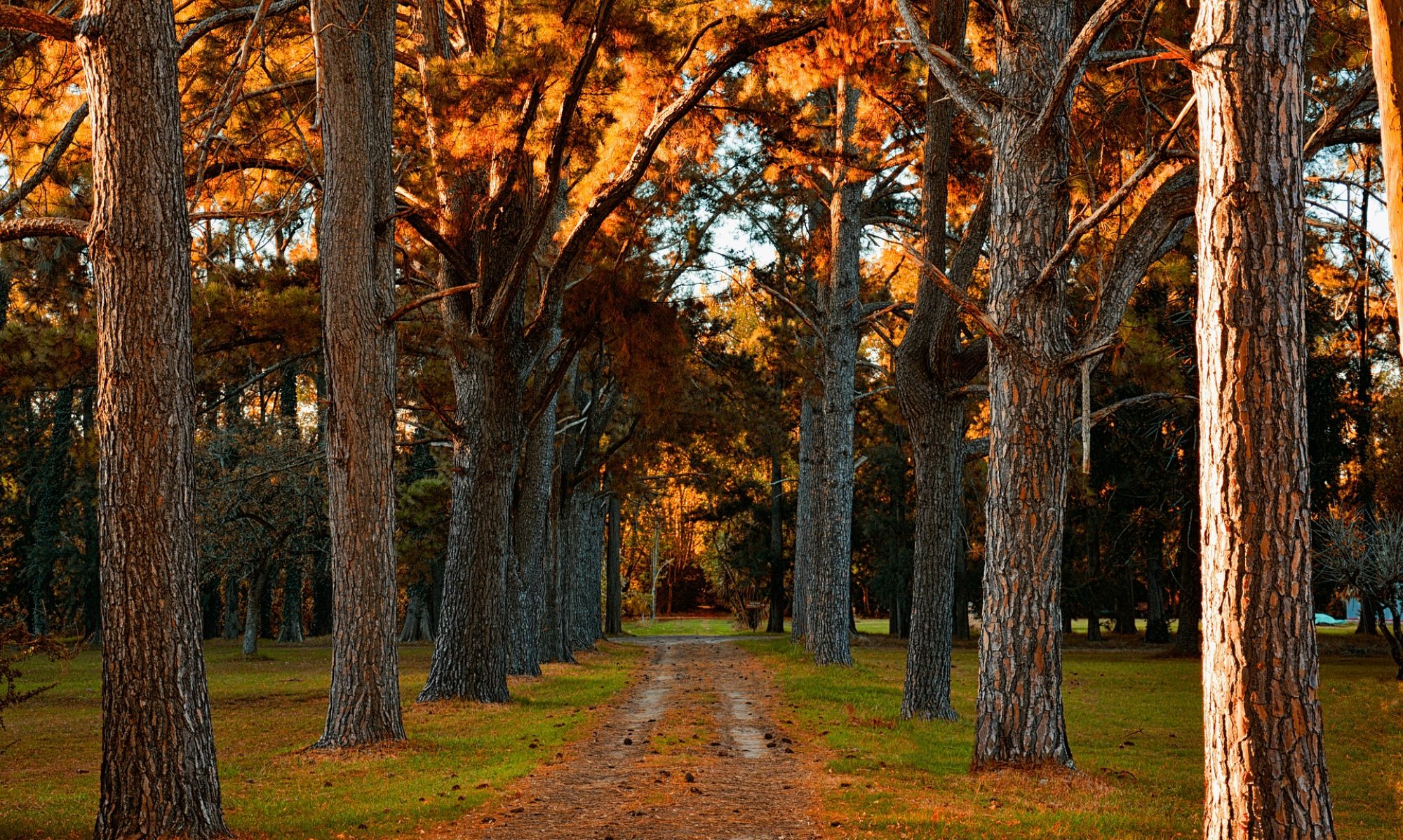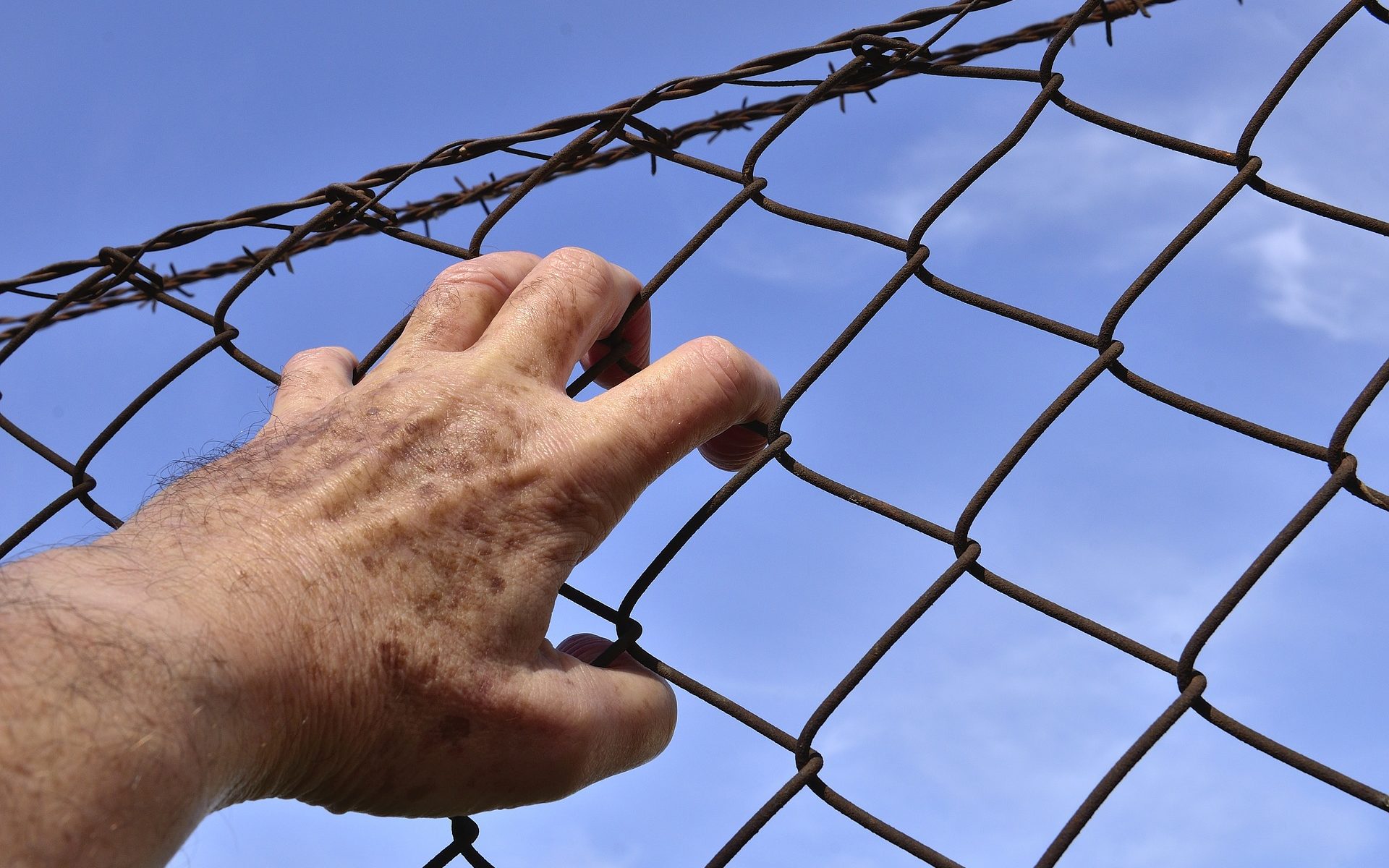Over the past few months, I’ve been studying and practicing with the ideas, thought, and innovations of Jewish history. I especially marvel at the creativity of Rabbinic Judaism just following the destruction of the 2nd and final Temple in Jerusalem. This makes me wonder about the constant unfolding of Jewish history and tradition. Is there a period of Jewish life after Rabbinic Judaism? What comes next?
As I mentioned in a previous post, the beauty and elegance of Rabbinic Judaism is that it is completely ancient and completely post-modern. Rabbinic Judaism seeks truth beyond the literal – or peshat or face value – understanding.
Rabbinic Judaism is dedicated to exploring the wisdom of our sacred texts, turning it over and over and yet over and over again in each generation. There are infinite truths to explore, as there are boundless rays of sunlight that illuminate our life.
One Fence too Many?
We learn from the Pirkei Avot that we should build a fence around the Torah (Avot 1:1). This Mishnah was written down just a century or two following the Roman destruction of the Second Temple in Jerusalem (70 CE) and overwhelming massacre of Jerusalem and Judah following the Bar Kochvah rebellion (132-135 CE).
In the course of Rabbinic Judaism that followed over the next 2,000 years until still today, a great fence indeed has been built around the Torah. With all of the many, many layers of interpretation and halachah, series of multilayering religious observances and ritual law, it is not a fence that is built, but, I fear, a fortification.
It is quite understandable that within the context of persecution, pogroms, and holocausts, a great and mighty fence was built around Torah. But while a fence allows and permits safe entry and exit, fortification denies access and insulates its inhabitants.
In an earnest attempt to safeguard Judaism and Jewish wisdom from external threats, it served the unanticipated purpose of driving a wedge between man and God and denying access to wisdom and Divinity itself to its earnest adherents.
Words, Words, Words
I have also had this experience with formal Jewish liturgy and prayer. Another miraculous and revolutionary invention of Rabbinic Judaism at a time when the primary sacrificial system of worship was made irrelevant and futile by the Roman destruction of the Second Temple in Jerusalem, prayer has become overlaid with so many layers of form, commentary, and rules to become inadvertently ineffective.
There are simply way too many words!
Synagogue services are full of words upon words without any real pause for reflection. At the High Holidays, typical services offer prayer upon prayer not only for hours, but days at a time. And for those unfamiliar with the liturgy or Hebrew, synagogue services become that much more removed from any intelligible or meaningful, genuine contact with or experience of God.
Enter Here!
I am reminded of one of the principle Zen koan collections called the Mumonkan, or Gateless Gate. Like the other great Zen koan collections, or collections of Zen teaching stories, wisdom is not fortified, but given free access for those who wish – and need – to freely enter. The gate is there, yet its doors are held wide open.
Meditation allows access inside the gates again. It allows Jews and their loves ones to once again live and breathe God, to once again be in relationship with and experience Divinity in our lives with full and unfettered access to wisdom and her teachings.
This is why I so much appreciate the efforts of liturgists and prayer leaders, such as Rabbis Jeff Roth, Shefa Gold, Alan Lew, the “Kirtan Rabbi” Andrew Hahn, Norman Fischer, and others, who have incorporated rituals and techniques from Eastern religious traditions to strip bare the Jewish liturgy into bite sized, digestible, and meaningful access points for touching the Divine and seeing Her face to face once more.
The treasure of Torah and wisdom cannot be fortified. It can never be fenced in! Please do enter! The gates are wide open! The breath is our key. Enter here!
Next Steps
As always, if you are interested in learning more about Jewish Mindfulness Meditation or how to create a more meaningful spiritual path for you and your loved ones, please make sure to sign up and click the “Stay Connected Now!” button below!
Mindful Judaism is pleased to announce that we are currently offering daylong Jewish meditation and mindfulness retreats, shabbatons (weekend workshops), and other live and in person events throughout California and beyond.
If you are interested in bringing Mindful Judaism to your community, synagogue, or meditation group, please contact us at adam@mindfuljudaism.com for more information and to make arrangements.
Adam Fogel
www.mindfuljudaism.com

